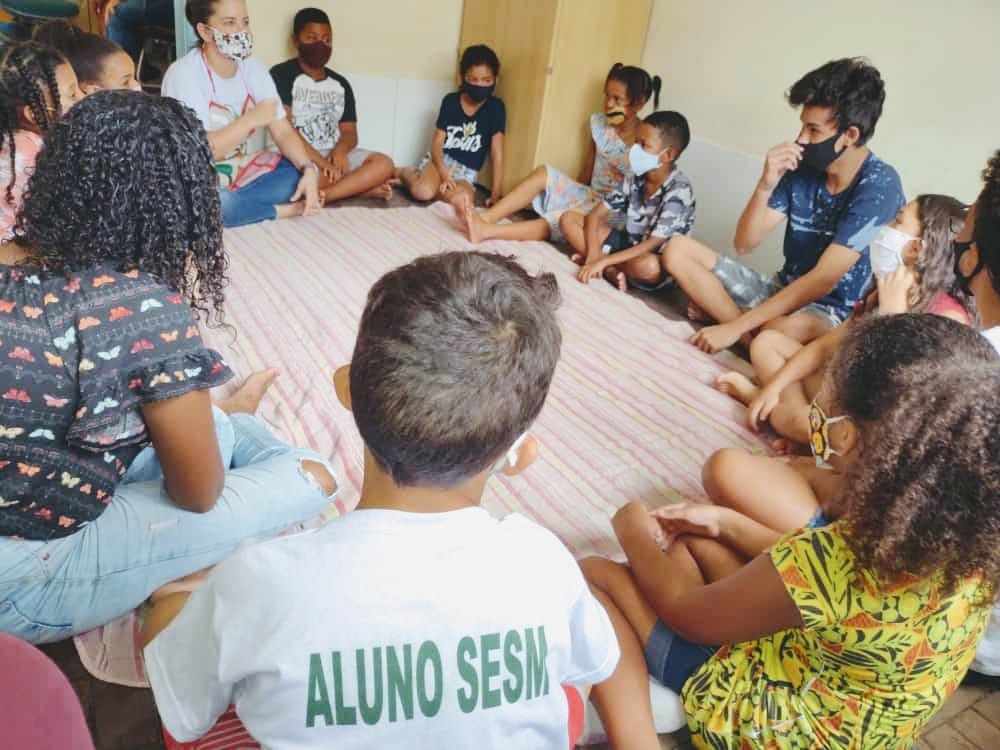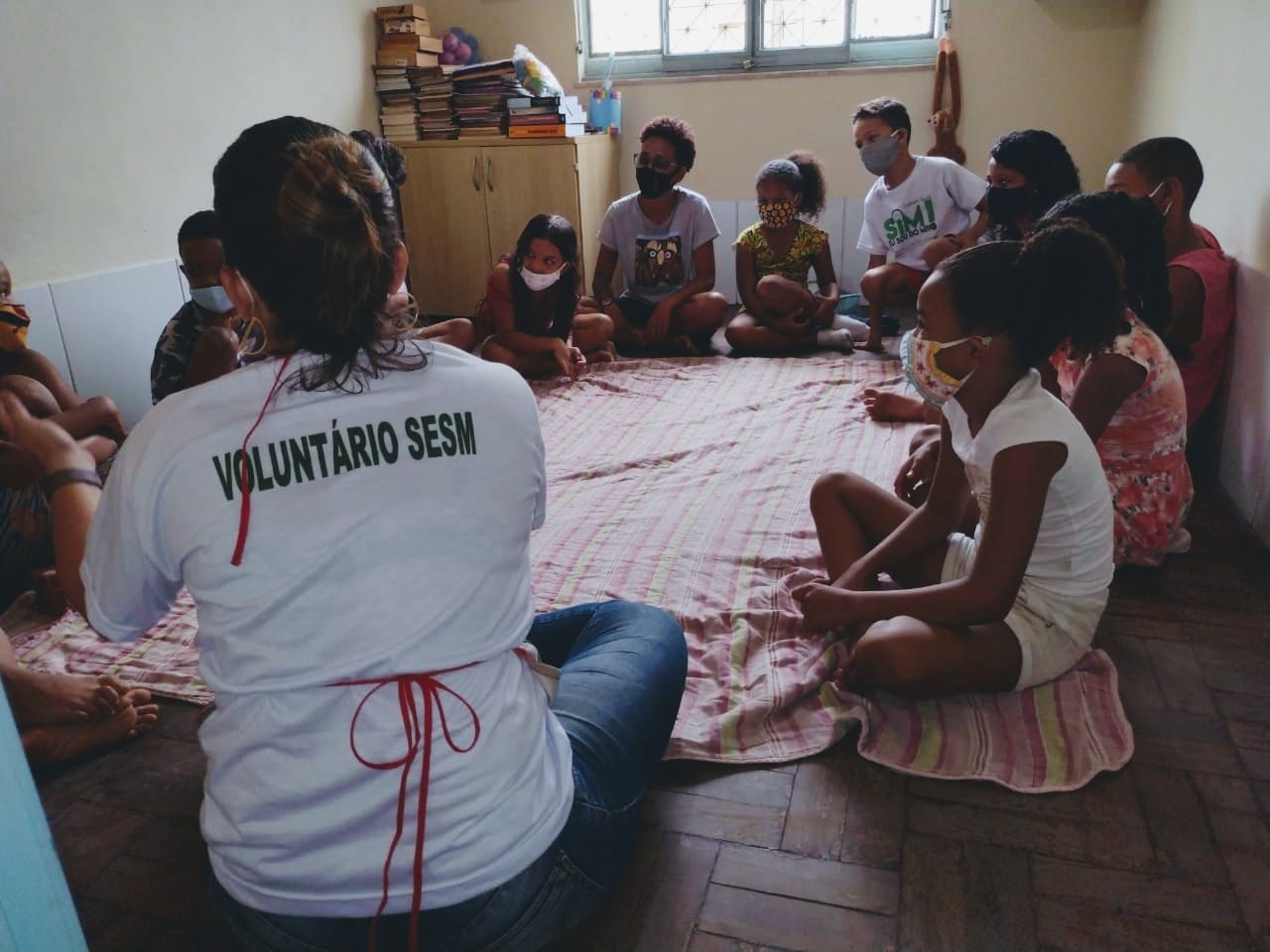Peripheral initiatives point paths to education
Created by civil society, Livroteca Brincante do Pina and the NGO Sim, Eu Sou do Meio give examples of responsible management in basic education and social support.
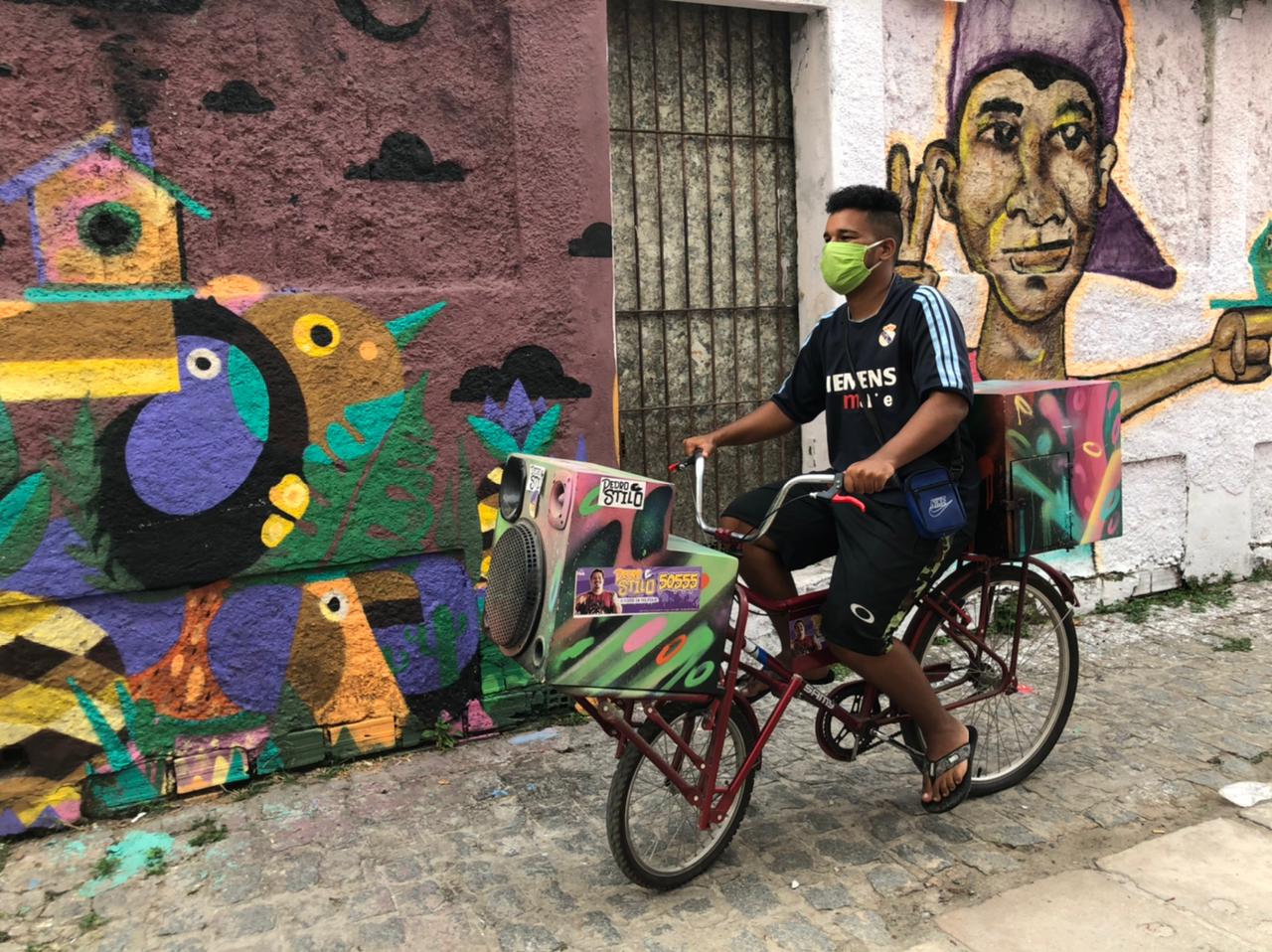

Image credit: Disclosure
By: Renato Silva / Lupa do Bem – Favela em Pauta
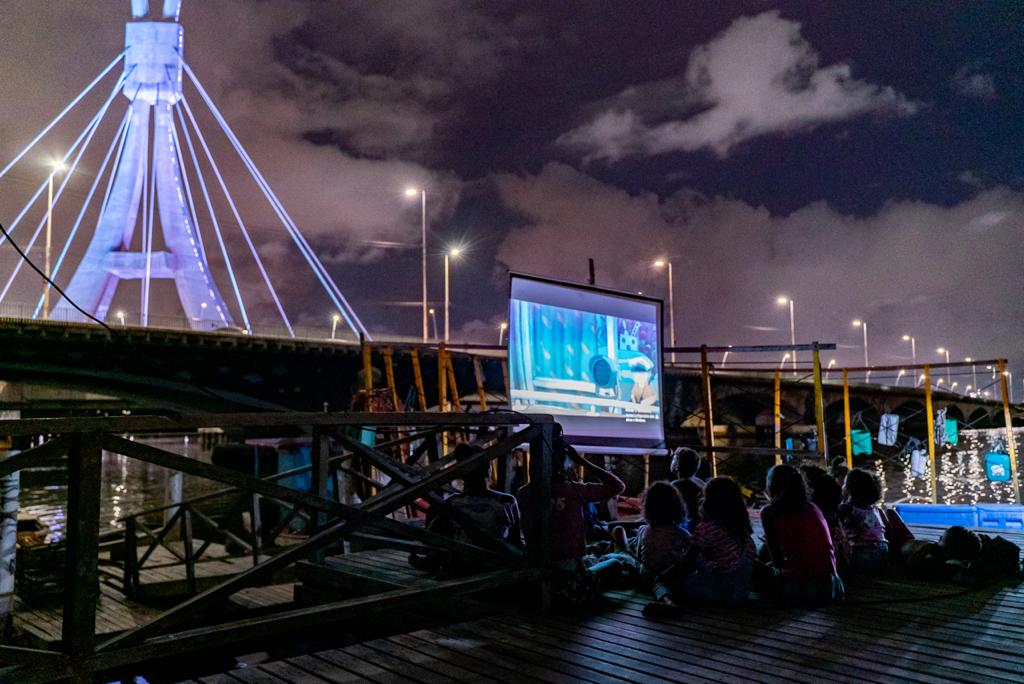
Basic education in Brazil has been a subject several times during the pandemic, especially disputing public opinion on the interruption of classes, and the return or not of school activities. But historical enrollment data indicate that the problem in education dates back long before the health crisis. These data are from the 2020 School Census, produced by the National Institute of Educational Studies and Research Anísio Teixeira – INEP.
In the interval between 2016 and 2020, basic education in the country lost one and a half million enrolled students. Basic education is equivalent to early childhood education, and primary and secondary education. Check it out in the Graph below.
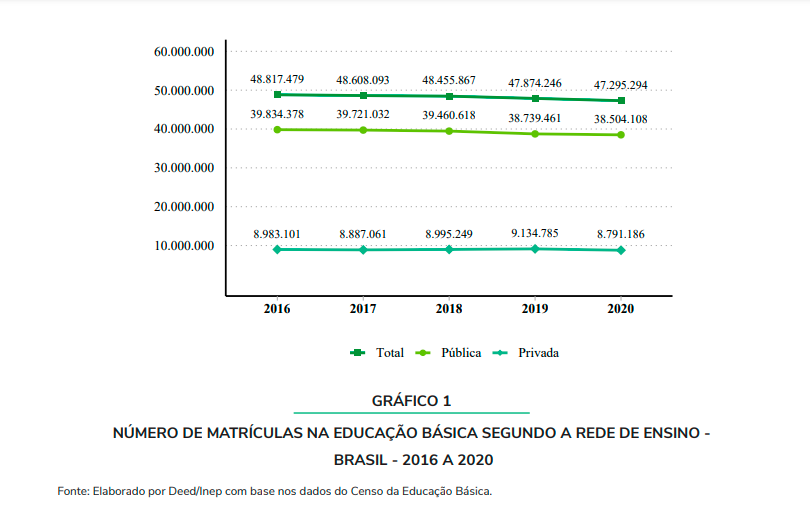

Of this total number of students in basic education, 81.41% are enrolled in public education. This sets the tone for the responsibility of municipal, state and federal governments for the management of education in the country. In the chart below, also from the 2020 School Census, we see which parts of basic education depend on each of the spheres of executive power.
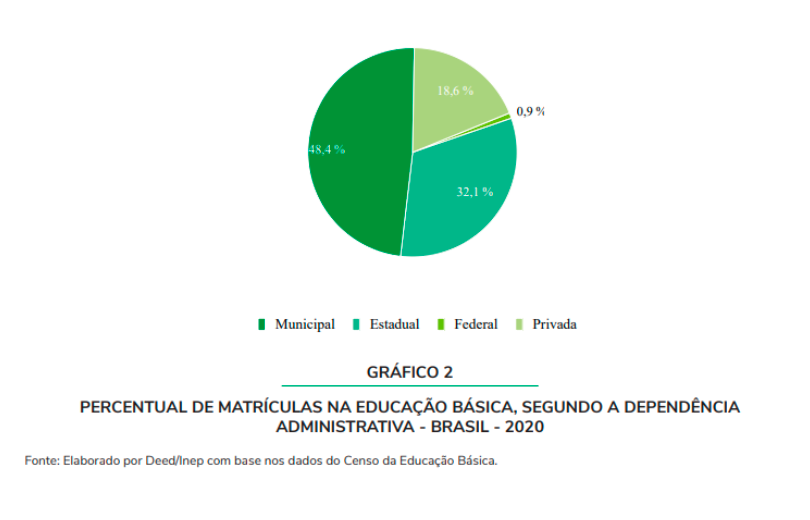

Regarding the permanence and participation of the student in the school space, the Master in Public Policies and Society, Psychopedagogue and Pedagogue, Harley Gomes, believes that the topic is a challenge for educators regarding the rates of evasion, dropout or repetition. “This reality is not just now in times of a pandemic, but since the school presents itself as a social institution and responsible for school learning.
As an action for effective participation and, above all, the success of the student, we need to act in the field of attentional listening, whether of the student, the family and education professionals”.
For Gomes, it’s important to give meaning to learning and education managers must be aware of this. “It can make the learning process more enjoyable. It is essential that educational management is attentive and allows this simple action, however, of real value, given the importance of being heard, and welcomed. Thus creating feelings of belonging. It is worth remembering that this attitude is fundamental in all educational spaces, whether school or not”, concludes Harley, who is also a teacher and coordinator of the UNINTA Distance Education Pole Sobral.
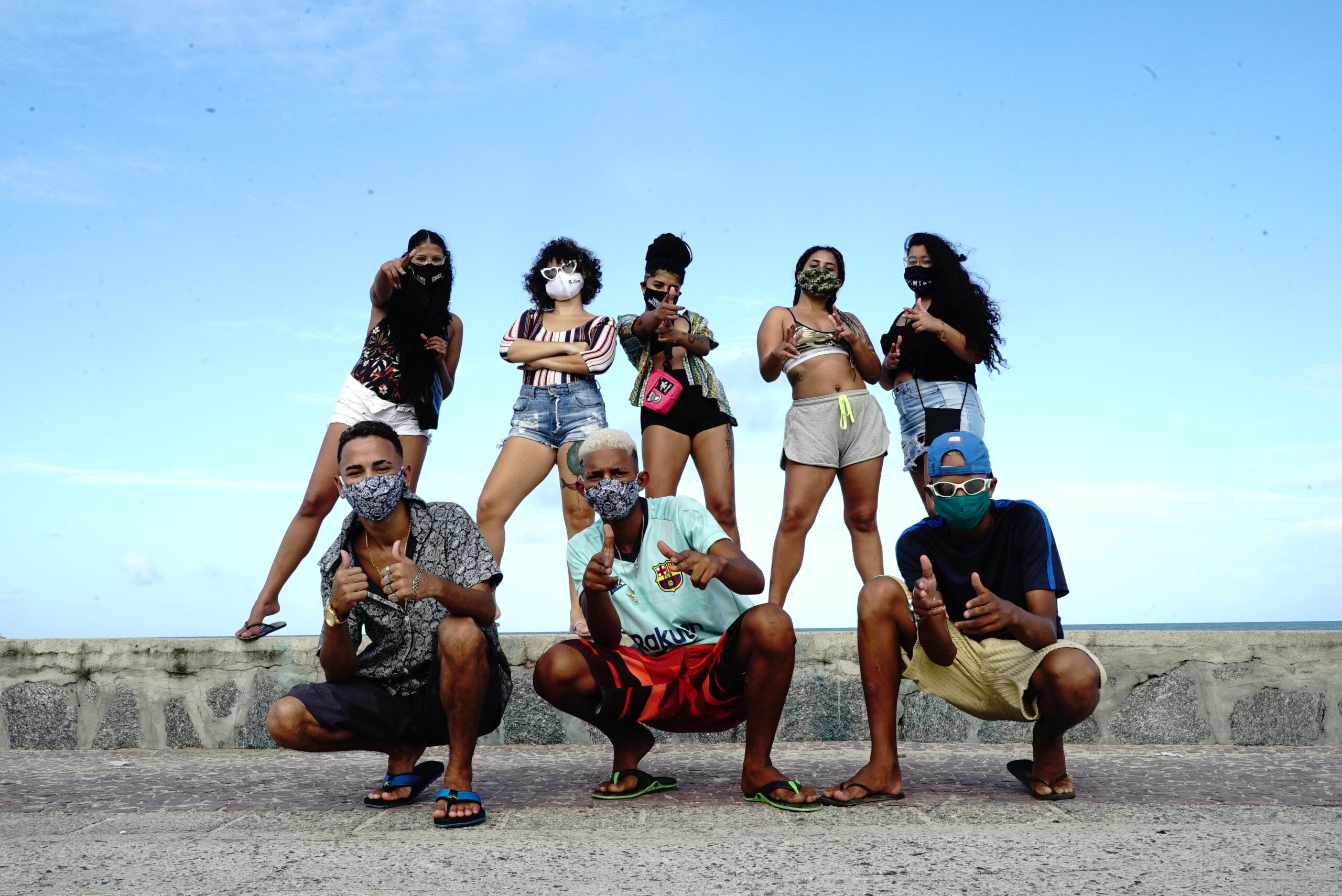

Now, if the public spheres have been facing difficulties to keep students enrolled, in civil society it is possible to find organizations that give excellent examples of cultural and pedagogical activities capable of complementing and maintaining students in the learning process. One of these organizations is Livroteca Brincante do Pina, located in the community of Bode, on the outskirts of Recife.
Education as a transformation tool in the periphery of Recife
Livroteca Brincante do Pina is a library formed by the Bode community, located in the South Zone of Recife and neighboring Boa Viagem, by volunteers and friends. The organization works in a partnership with the community, mobilizes resources and social support, and directs the project, which has the mission of fighting poverty within the Bode community, through access to knowledge and citizenship, preparing children and young people from their community to be critical citizens and protagonists of their own lives.
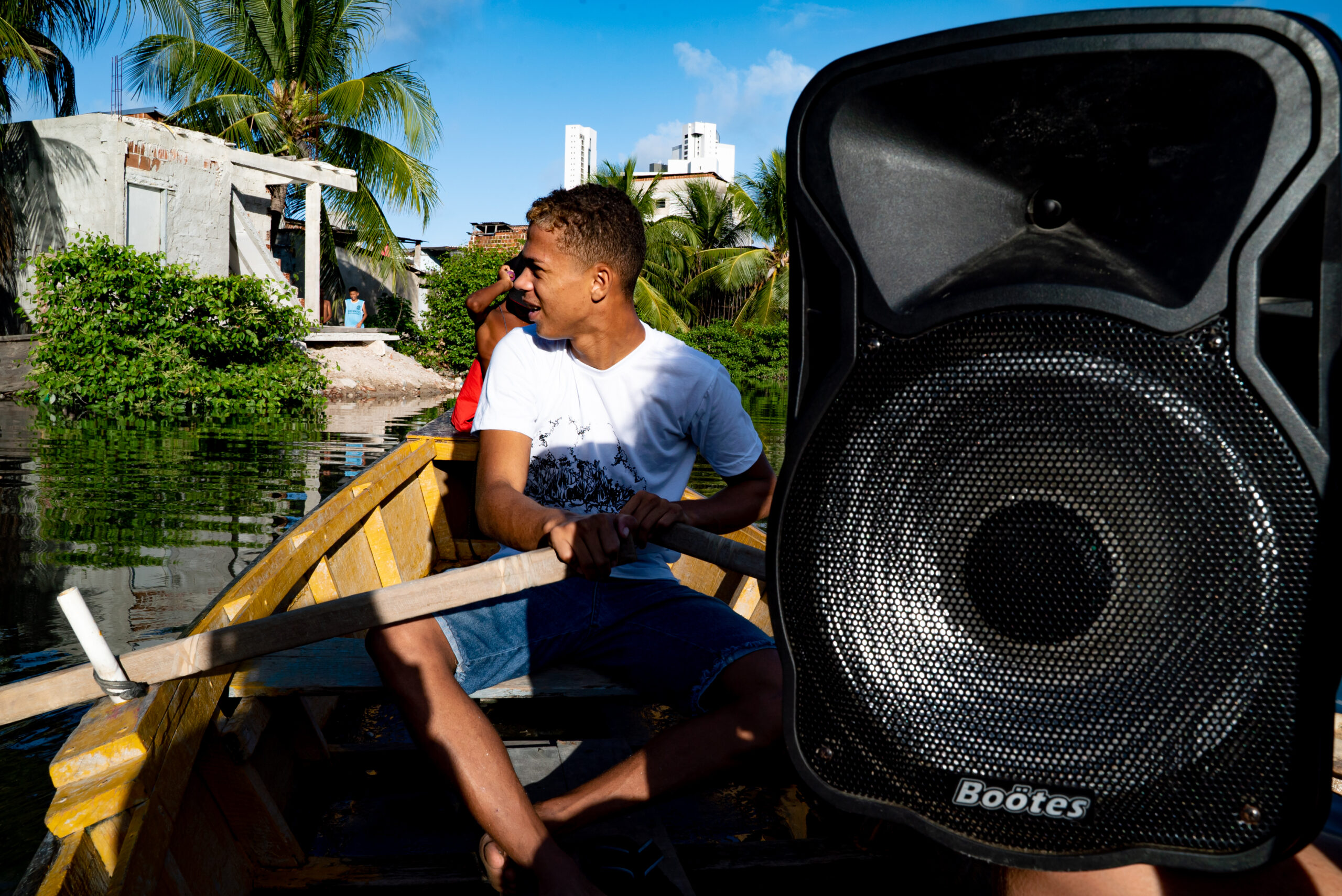



Conceived in May 1995 in the stilt house of musician and poet Ricardo Gomes (Kcal), the social inclusion project focuses on encouraging reading and artistic integration for children (5 – 12 years old) and pre-teens/teenagers (13 – 18 years old) from the Bode community.
One of those responsible for the organization, Magda Alves, who is a Pedagogy student, art educator and popular communicator, reinforces the importance of attention to children and young people from the local periphery, and that education is one of the services where the public power has been failing. “The aforementioned communities suffer from numerous faults on the part of the public authorities. From access to basic sanitation, health, social assistance, food, education, and a good house, where most of the people served live in precarious houses, such as stilts. It would be important to have the support of those who represent us or should represent us”, he says.
The organization presents cultural action plans that involve different activities, including monitoring children and young people in the literacy process; school monitoring; singing and music lessons; storytelling; recycling workshops; soirees and many other activities
In addition to planning cultural activities, Livroteca Brincante do Pina organizes the collection together with reading agents and volunteers and assists the community through the paternal recognition program of the Pernambucana Association of Single Mothers (APEMAS).
Being part of education is serious business in Belford Roxo – RJ!
Another organization that makes basic education a helm of social action is the NGO “Sim, Eu Sou do Meio”, active in the municipality of Belford Roxo, which is located in the Baixada Fluminense, in the state of Rio de Janeiro, since 2018. The project also has several cultural, pedagogical and professional training activities.


The programs have the objective of valuing the potential of the local youth and have their creation motivated by the helplessness on the part of the public power with the powerful youth of the region of the extensive Rua do Meio, famous in the locality.
Among sports, cultural activities, environmental awareness, school reinforcement, professional training and psychological support, the NGO serves almost 500 people in the municipality. Among the actions offered are sports such as soccer and jiu-jitsu; theater, ballet, hip-hop, tutoring and environmental education activities. In addition to computer courses and preparatory classes for entrance exams and competitions.
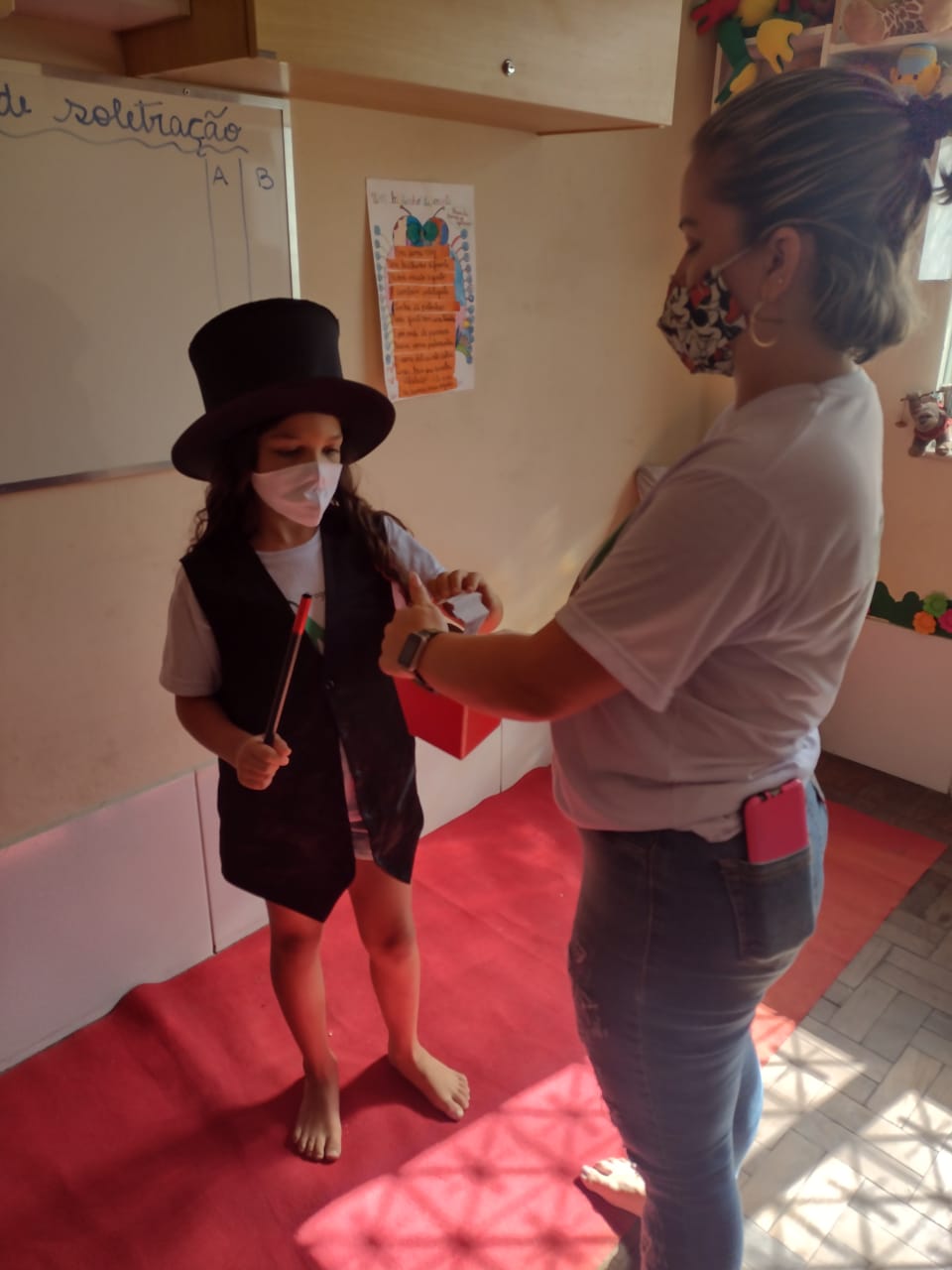

The NGO’s general coordinator, Débora Silva, talks about how some children arrive at the project, with basic difficulties, and have important results. “We took children aged 12, 13, who did not know how to read and write when they came to us. We had the opportunity to work with these children and receive letters from teachers thanking them for their effort and dedication. Because we were focusing on assisting these children and not just the children, the families, right?”, comments Débora.
In this sense, for the coordinator, the neighborhood demonstrates social characteristics that reveal the importance of this support. “We are talking about families that often need it. Mothers who have to leave Belford Roxo very early, at 3:30 am, to go to work in the South Zone, with their father absent. Often this woman can’t handle everything, right? And this child is kind of being taken care of by the territory”.
A common scenario for families assisted by the NGO SESM, wich also ends up reinforcing the intellectual values of the work performed. “We have children with this profile here, and we work giving this perspective of trying, giving relief to this mother and contributing to the education of this child. We also believe in an education where children read the territory and want to somehow transform that territory, always valuing the knowledge they already have within them. Contributing, sowing seeds”, he concludes.
